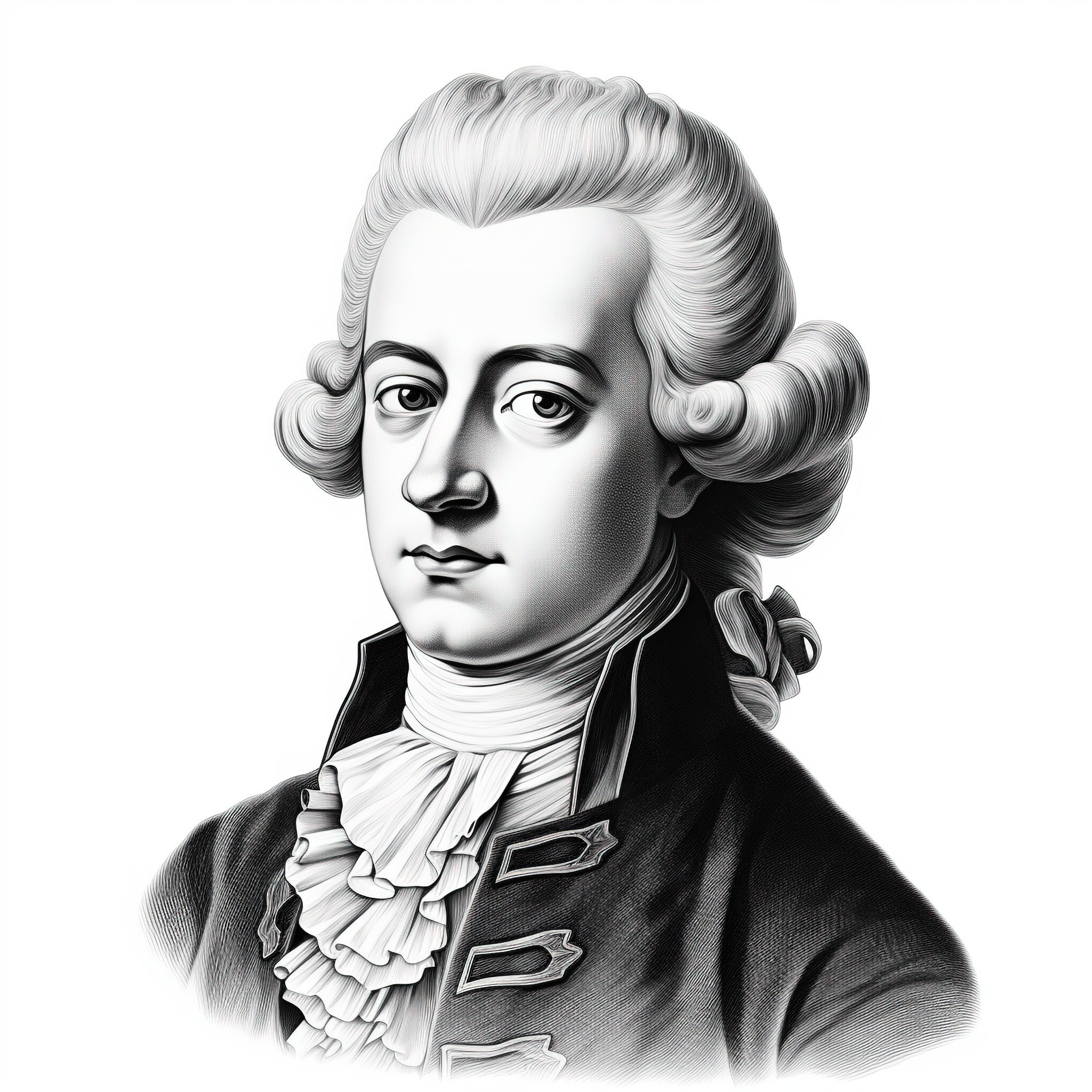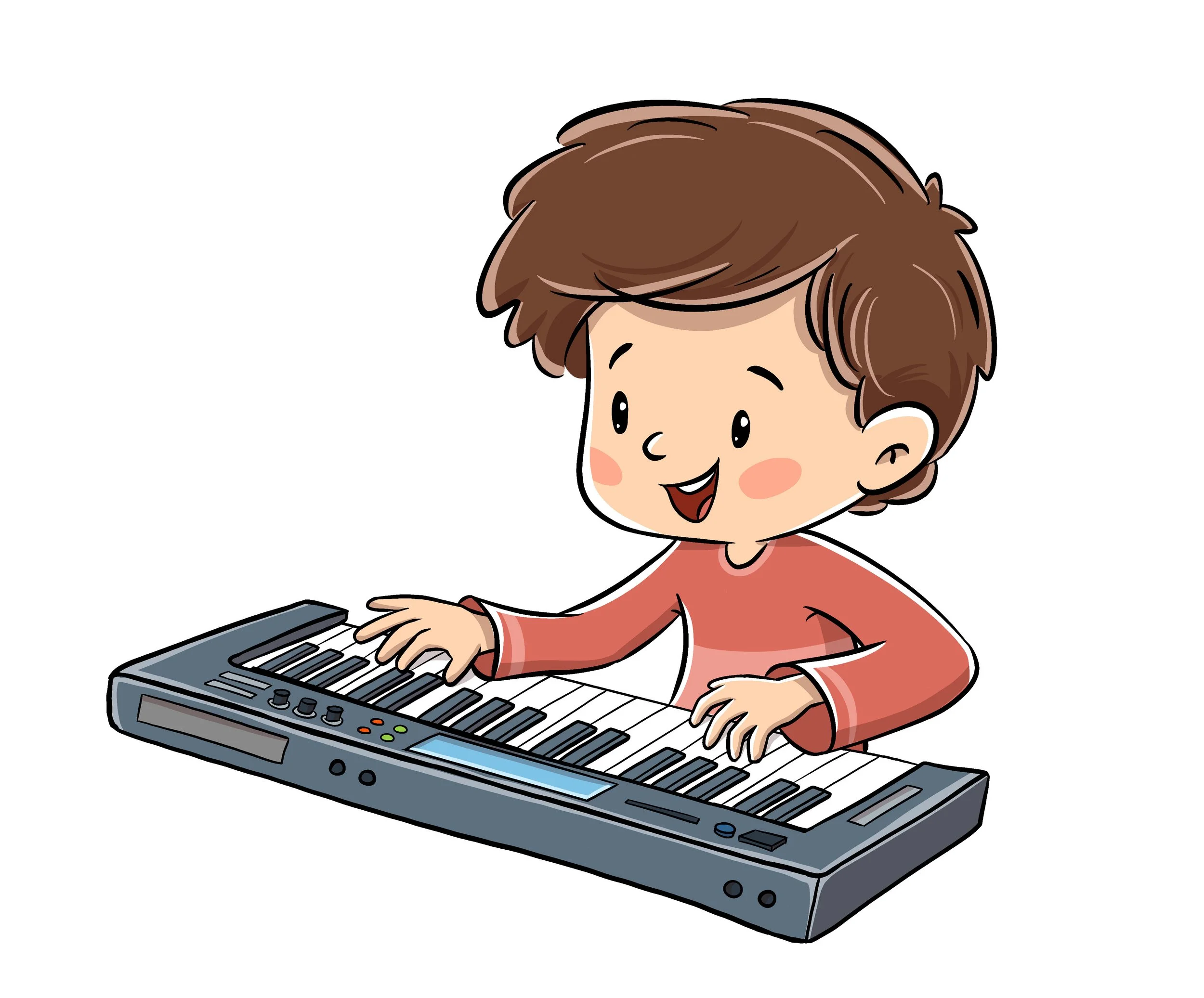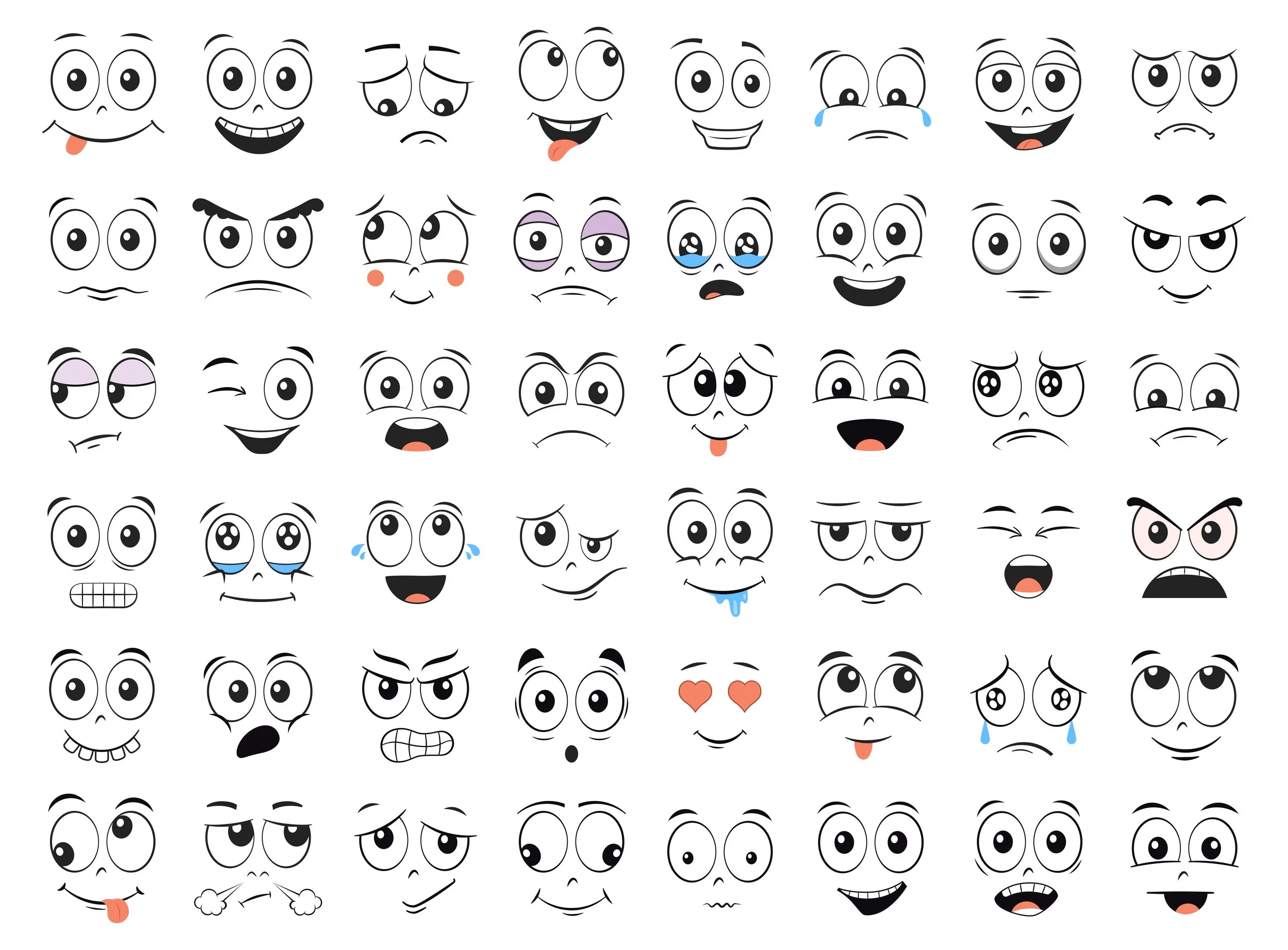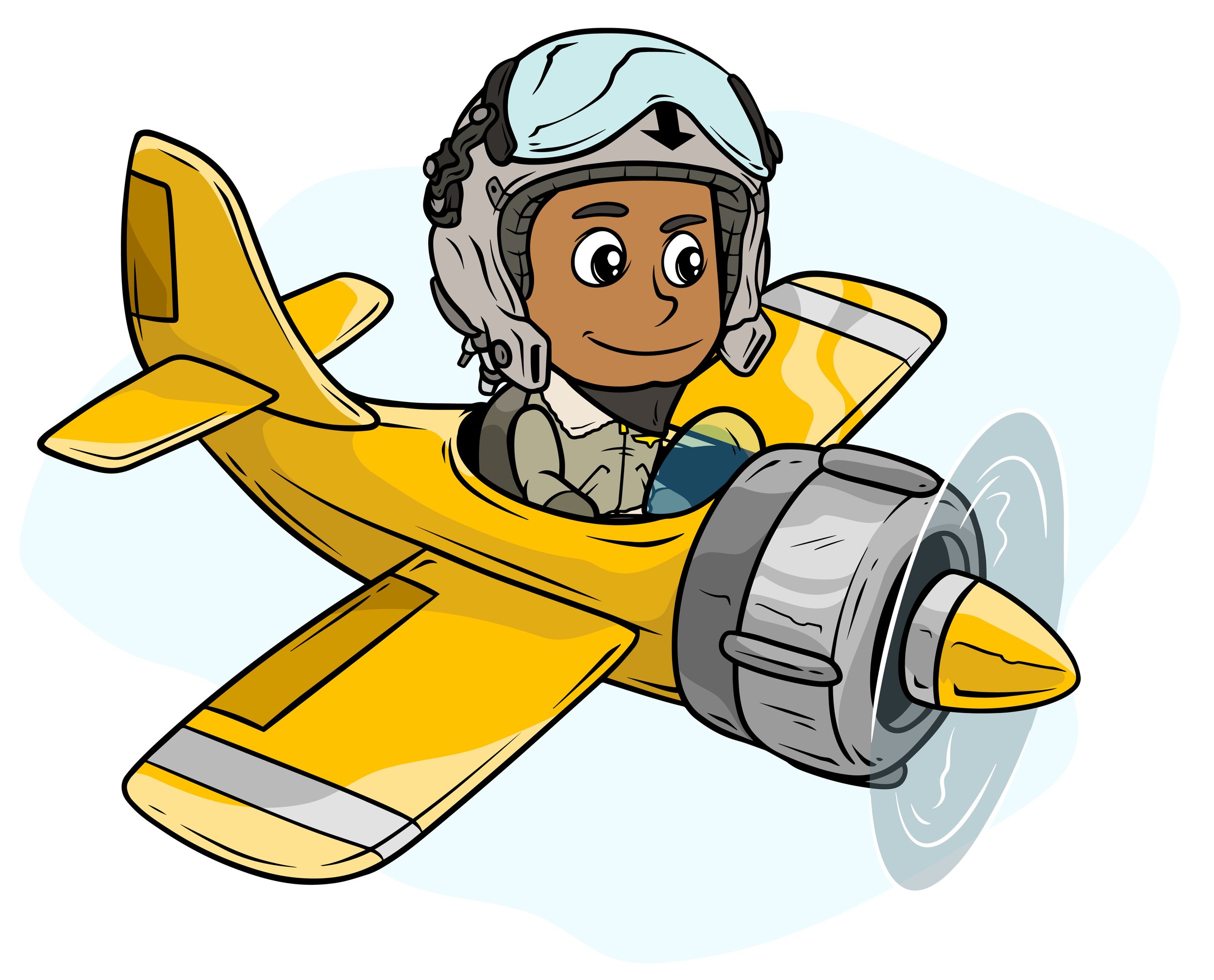Power Pathways
The Magic Flute
Music is the only art form that activates our entire brain. Our limbic system, which handles emotions and memories, kicks into gear when our ears pick up music. Last time, Pachelbel’s Canon got a mention. This time around, let’s crank up some Mozart. He was also a mathematician. His music has a deep mathematical structure to it. Listen to the Magic Flute. You’ll hear a repeated three-note pattern.
Canon in D
The human brain responds to music in many different ways. It always evokes an emotion. This is because music is an art form. We look at art with an emotional eye. And not all of us look at art the same way.
Stress Reducer
Music is a great stress reducer. Music can calm frazzled nerves if you have children preparing for final high school exams. I’m talking both child and parent here. Listening to music while studying can enhance memory.
Music Evokes Memories
If you’re not a classical music fan (let’s face it; it’s an acquired taste), we can still use music. Our brains operate to a rhythm. They latch on and keep us engaged. Watch people at bus stops or on trains nodding their heads in time to the music in their earbuds.
Calm Brains Learn
Yes, classical music. It’s called ‘classic’ for a reason. It’s, wait for it, classic. It has stood the test of time. Much of it is centuries old.
Classical Music
There were days in my classrooms when learning wasn’t happening. I knew it wasn’t. More importantly, so did my students. I felt I was doing them a disservice. They arrived at school ready for a day of engagement, and things weren’t going well.
Taming Anxiousness
Taming anxiousness isn’t easy. Something that works for one may spark more anxiety in another. Music tames the anxious brain. Playing and listening to music is becoming more of a go-to approach.
Taming the Beast
Anxiousness is part of my day, every day. I dealt with it most days when I was teaching. I was able to recognise it in my students. I went to great lengths to minimise it in my classrooms.
The Next Meal
We don’t have much to be anxious about in our modern society. If you’re an anxious person like me, you are probably rolling your eyes and composing a reply for the comments box.
SkyDiving
Learning is a complex process, and we humans are hard-wired for it. We don’t realise we’re learning until we’ve learnt something. Remember the pain of falling off a bike? Once we’ve mastered it, we don’t fall off any more. The anxiousness that accompanies the learning process can be a barrier to it.
Collective Learning
I spent my career switching on brains. Of course, it took way more effort than flipping a chemical switch. In a class of 25 students, 25 brains have their own on/off mechanism.
Pilot Training
What happens if we delay learning something? Answer: We delay learning it, or we don’t learn it at all.
Always Learning
Teaching and learning is what we humans do. We are always learning. That chocolate cake recipe that you’ve made over and over? You know it so well that you don’t need the cookbook. Your brain has encoded the instructions, and you can recall them easily. You’ve learned them.
Emotions Help Encode Memories
As a teacher, I often heard the phrase, ‘teaching and learning.’ As parents, teaching and learning happens, although we may not have articulated the phrase. We knew that by teaching our children, we were developing gifts for their future use.
Human Abilities
You'll find some interesting stats about our brains if you flick over to the kid’s blog. I won’t go into the figures here (because they’re in the other post), but let’s just say that the human brain can process things quickly.
Concentration of Chemicals
Last time, I shared my wife’s experience with snow skiing. During the recent school vacation, we went water skiing. Well, I should qualify that. She went water skiing. I watched.
Term Review
Here we are–Easter. Your kids have made it through another term at school. (And so have you!) Well done. Let’s have a quick look at what we covered this term:
Feedback Loops
We create feedback loops for ourselves. Those loops encourage our brains to produce the feel-good chemical called dopamine. But aren’t we leaving our comfort zone? Doesn’t that cause us to feel uncomfortable? Stay with me:
The Strength of the Memories
Our emotions are linked to the quality of our memories. We remember events better when emotions have played a part in encoding them.
Emotions Play a Role
It’s 7.30 am. Two of your children are eating breakfast and dressed for a school day. The third one is still in bed. You’ve called three times; they haven’t stirred.




















